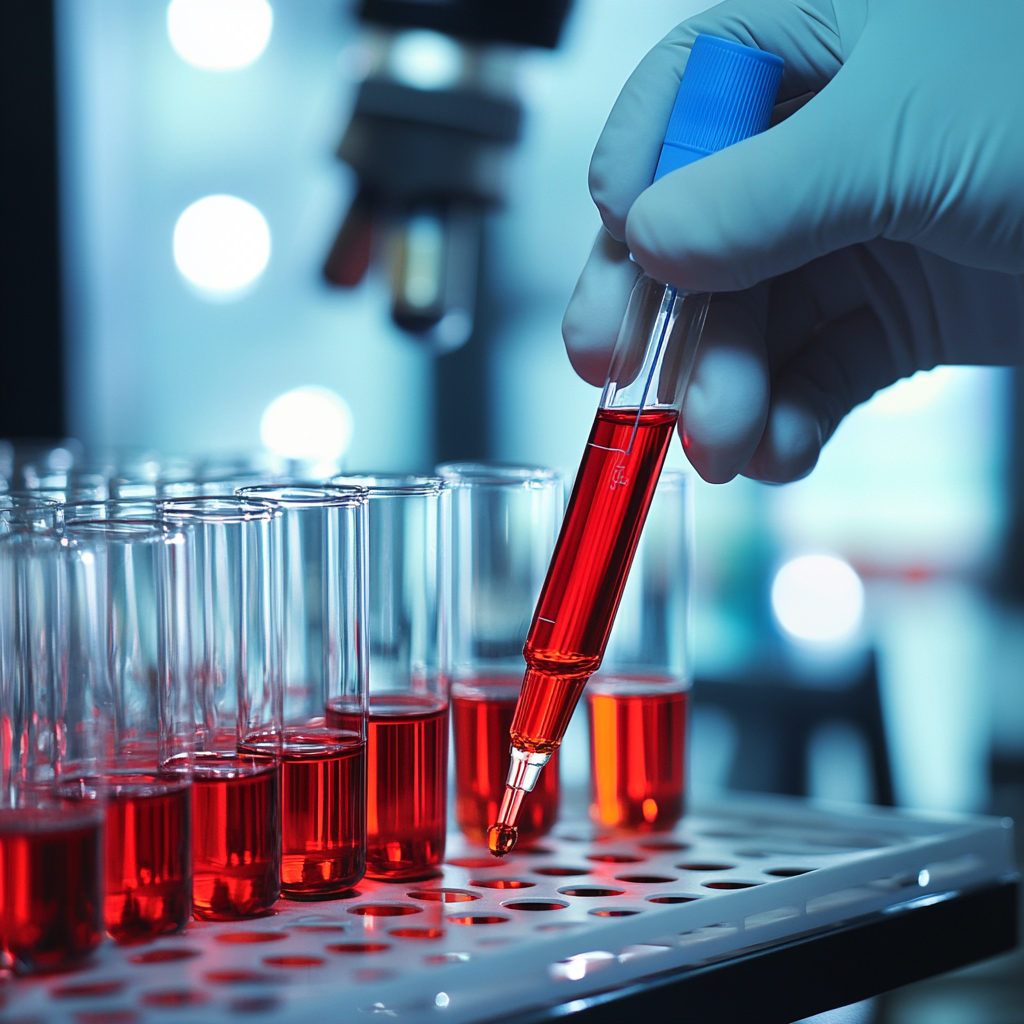Effects of a respiratory and neurological rehabilitation treatment plan in post Covid-19 affected university students
Practical Solutions and Value Highlights
COVID-19 can lead to respiratory and neurological complications such as loss of sense of smell and taste. This study aimed to evaluate the effectiveness of a pulmonary and neurological rehabilitation program in post-SARS-CoV-2 patients.
Study Details
A randomised controlled experimental study was conducted in 220 post-COVID-19 patients with symptoms such as dyspnea, perceived fatigue, and olfactory and gustatory perception problems. The intervention group received a 31-day treatment plan including inspiratory training, aerobic exercise, and olfactory gustatory treatment, while the control group received no therapy.
Key Findings
The intervention group showed significant improvements in spirometric variables, dyspnea, and neurological variables compared to the control group. This included increased forced vital capacity, improved FEV1/FVC ratio, and reduced dyspnea, as well as enhanced olfactory and gustatory sensitivity.
Conclusion
The study demonstrated that a respiratory rehabilitation treatment plan combined with aerobic exercise and neurorehabilitation can be an effective therapeutic option for respiratory and neurological sequelae in post-COVID-19 patients.



























